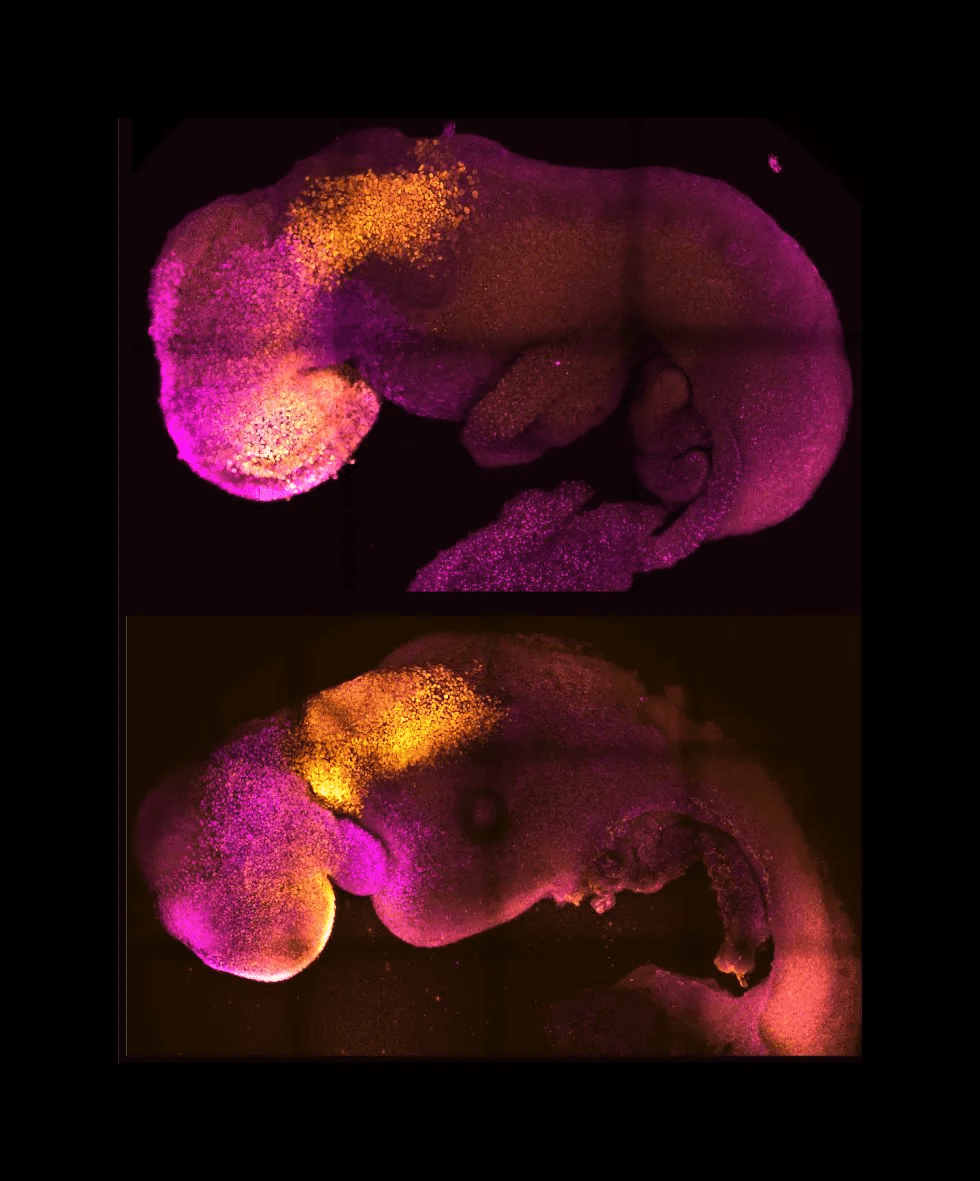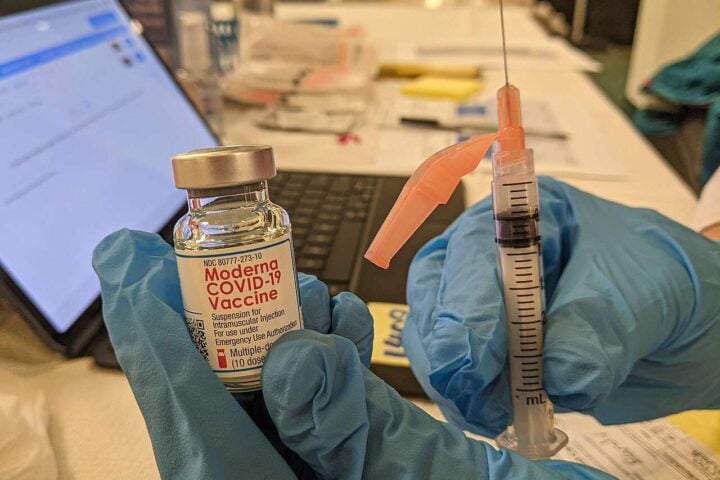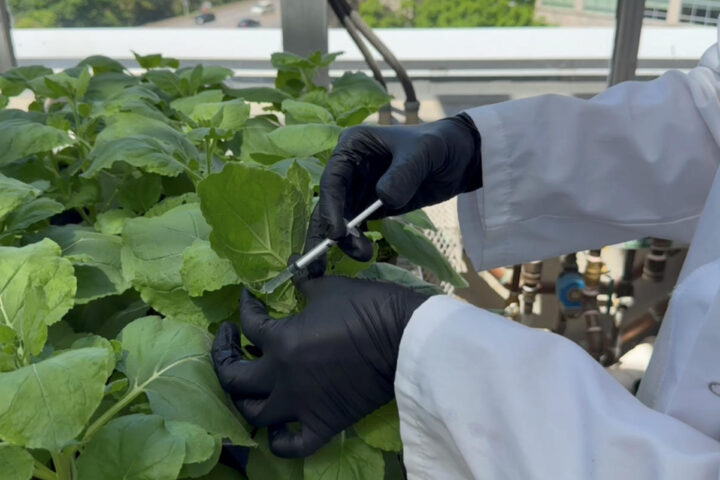It is indeed a ground-breaking development that the creation of synthetic human-like embryos using stem cells has come through in the field of reproductive biology and stem cell research. With no brain or heartbeat yet , these embryos contain cells that would typically form the placenta and the baby itself, as they have the potential to provide valuable insights into genetic disorders, the causes of recurrent miscarriages, and the early stages of human development.
Prof. Magdalena Zernicka-Goetz led research team from Cambridge and the Technological Institute of California has focused on mimicking the first 14 days of feral development outside the womb. As many pregnancies are lost during this period, this stage is crucial, especially in the context of in vitro fertilization (IVF). Scientists hope to gain a deeper understanding of the factors contributing to the failure of pregnancies during this critical time by studying these synthetic embryos.
Similar Post
Synthetic embryos are different from naturally conceived embryos. Previously, scientists attempted to study naturally conceived embryos by keeping them alive in a laboratory dish for 14 days. However, the synthetic embryos offer a unique opportunity to study early human development in a controlled environment. Concerns are raised about the ethical and legal implications of creating synthetic embryos.
At present, there is no legislation specifically addressing these lab-grown entities in most countries. Questions surrounding the nature of these entities and the need for regulatory oversight persist, though the absence of a beating heart or the beginning of a brain in the synthetic embryo might alleviate some concerns.
It highlights the need for responsible research practices and the establishment of guidelines to ensure ethical considerations are taken into account, while the creation of synthetic human-like embryos shows potential for advancing scientific knowledge. In order to address these concerns and develop frameworks to regulate research involving synthetic embryos, scientists, ethicists, and legal experts are working together. There is no specific information on the latest developments or any unpublished research beyond September 2021.


















